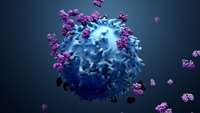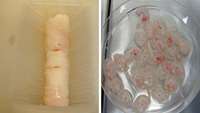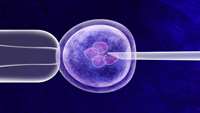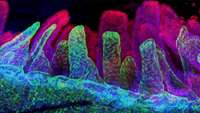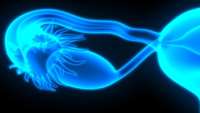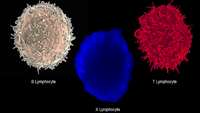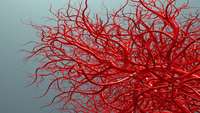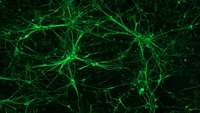Reprograming T cells to attack solid tumors
An attractive approach to liver cancer treatment is to bolster the bodys own immune defenses. Now an international team involving A*STAR researchers has genetically engineered human T cells to endow them with both specificity against liver cancer cells in patients with Hepatitis B, and the potential for long-term antitumor efficacy.
Researchers demonstrate the efficiency of producing stem cells from the tissues of the umbilical cord
RUDN researchers have proposed freezing parts of human umbilical cord, among other things, to obtain stem cells. Unlike conserved umbilical blood, the perivascular tissue of the umbilical cord (Whartons jelly) is an effective and safe source of mesenchymal stem cells
We as a species need to come to terms with CRISPR technology as China awaits birth of third genetically modified baby
After a Chinese scientist last year made history by using CRISPR technology to genetically modify two newborns, the scientific community is now struggling to grapple with the ethics of human germline editing as another woman pregnant with a gene-edited baby is soon due to give birth.
Tales from the crypt: new insights into intestinal stem cells
The intestinal epithelium withstands continuous mechanical, chemical and biological insults despite its single-layered, simple epithelial structure. The crypt–villus tissue architecture in combination with rapid cell turnover enables the intestine to act both as a barrier and as the primary site of nutrient uptake.
Trump administration halts fetal-tissue research by government scientists
US President Donald Trump’s administration is ending fetal-tissue research by government scientists and placing restrictions on academic researchers seeking grants from the National Institutes of Health (NIH) for studies involving fetal tissue.
Promising compound selectively kills brain cancer stem cells
Scripps Research scientists have discovered a compound that potently and selectively kills the stem-like cells that make glioblastoma brain cancers so deadly.
Scientists are researching a new method for developing artificial ovaries
An interdisciplinary team of researchers at Friedrich-Alexander-Universität Erlangen-Nürnberg (FAU) led by Prof. Aldo R. Boccaccini from the Chair of Materials Science (biomaterials) and Prof. Dr. Ralf Dittrich from the Department of Obstetrics and Gynaecology at Universitätsklinikum Erlangen have taken an important step towards developing artificial ovaries for patients suffering from cancer.
Novel Type of Immune Cell Discovered in Type 1 Diabetes Patients
According to textbooks, cells of the adaptive immune system must be either B cells or T cells—they can’t be both, or anything in between.
Stem cell scientists clear another hurdle in creating transplant arteries
Cardiovascular disease is a major cause of death worldwide, and treating it isnt easy. The disease wreaks havoc on patients blood vessels and can require complex bypass surgery.
Study Reveals new Mechanisms Regulating Neural Stem Cells
The use of stem cells to repair organs is one of the foremost goals of modern regenerative medicine. Scientists at (LMU) have discovered Helmholtz Zentrum München and Ludwig Maximilian University of Munich that the protein Akna plays a key role in this process. It controls, for example, the behavior of neural stem cells via a mechanism that may also be involved in the formation of metastases. The study was published in Nature.


